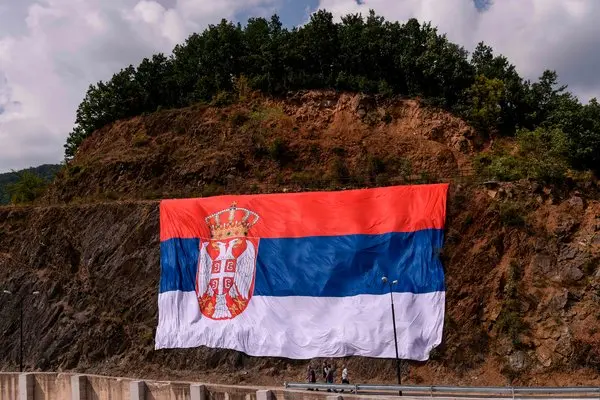Serbia National Day, also known as Statehood Day or Sovereignty Day, is a significant occasion in the nation’s history, marking key milestones on its journey to independence and democracy. Celebrated on February 15th each year, this day holds immense importance for the Serbian people, serving as a reminder of their struggle for sovereignty and the establishment of democratic principles.
Historically, much of the territory that constitutes modern-day Serbia was under the control of the Ottoman Empire during the 15th century, while the remaining portion was governed by the Austro-Hungarian Habsburgs. However, on February 15, 1804, the Serbian people initiated their first uprising against Ottoman rule, sparking a movement that would ultimately lead to Serbia’s independence.
The initial Serbian Uprising laid the groundwork for subsequent resistance efforts and, in 1815, following the Russo-Turkish War, Serbia witnessed another uprising that persisted for approximately two years. As a result of these efforts, Serbia was granted the status of a Principality, marking a significant step towards self-governance.
One of the pivotal moments in Serbia’s journey towards democracy occurred on February 15, 1835, when the nation established its National Parliament and abolished feudalism and serfdom. This monumental decision reflected Serbia’s commitment to democratic values and the protection of human rights, laying the foundation for a more inclusive and equitable society.
Furthermore, on this same day in 1835, Serbia adopted its first constitution, known as the “Sretenje Constitution” or “Candlemas Constitution.” While this constitution represented a significant milestone in Serbia’s democratic evolution, it was ultimately repealed later that same year. Nevertheless, the spirit of democracy and the pursuit of freedom continued to shape Serbia’s trajectory.
The departure of the last Turkish troops from Serbia in 1867 marked the culmination of years of struggle and resistance against foreign rule. With foreign forces no longer exerting control over its territory, Serbia was able to chart its own course towards modernization and self-determination.
Today, February 15th is observed as a public holiday in Serbia, commemorating these pivotal events in the nation’s history. Government officials and citizens alike come together to honor the sacrifices made by those who fought for Serbia’s sovereignty, laying wreaths at monuments and participating in solemn ceremonies.
These commemorations serve as a testament to Serbia’s resilience and determination in the face of adversity, while also providing an opportunity for reflection on the country’s past, present, and future. Through speeches and tributes, the importance of preserving democratic principles and upholding the values of freedom and equality is reaffirmed.
In addition to its historical significance, Serbia National Day also holds cultural importance, signaling the transition from winter to summer. According to folk tradition, bears emerge from hibernation on this day, with their behavior believed to forecast the weather. If a bear sees its shadow and retreats to its den, winter is expected to continue, while an overcast day suggests favorable weather ahead.
As a diverse nation with approximately seven million citizens, Serbia boasts a rich cultural heritage influenced by its Eastern Orthodox, Catholic, and Muslim populations. Known for its agricultural prowess, particularly in raspberry production, Serbia has played a significant role in shaping regional history and culture, being the birthplace of numerous Roman emperors.
Serbia National Day serves as a poignant reminder of the nation’s journey towards independence and democracy. From the struggles against foreign rule to the establishment of democratic institutions, February 15th holds a special place in the hearts of the Serbian people, symbolizing their resilience, unity, and commitment to a brighter future.














